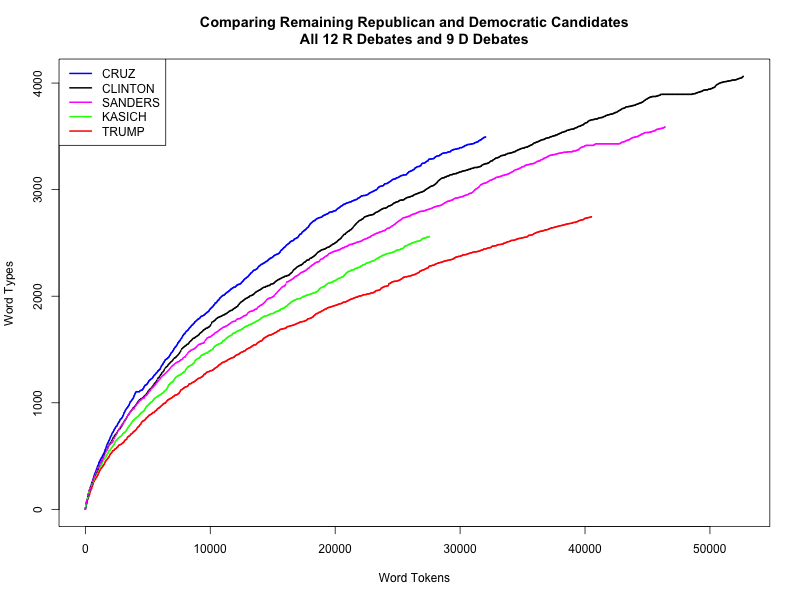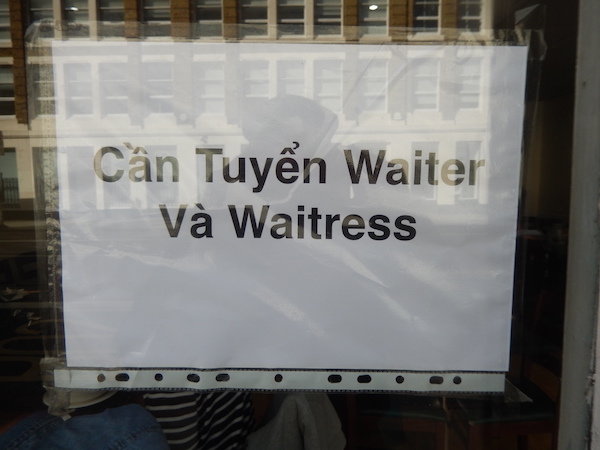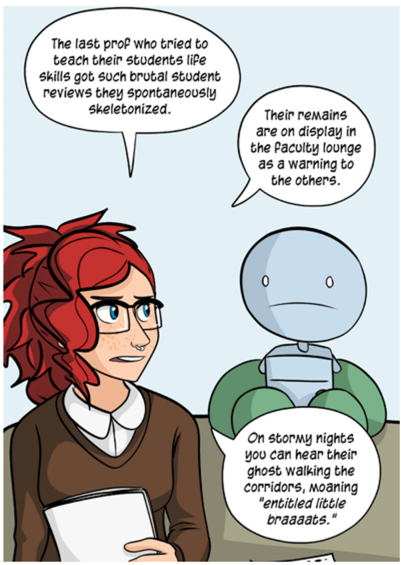Rhetorical reviews
Negative reviews of Donald Trump's rhetorical style are all over the place. A small sample might start with Gary Schmidgall, "What would Shakespeare make of Trump?", The Chronicle Review 2/7/2016:
The current campaign’s race to the bottom of the rhetorical barrel, of course, has been led by Donald Trump. Did you know "trumpery" was Shakespeare’s word for fancy garments or showy rubbish?
We can add Lucy Ferris, "Diagramming Trump", Chronicle of Higher Education 8/7/2015:
This isn’t fancy syntactical footwork on Trump’s part. It’s just bad rhetoric.
Or Stephen Henderson, "Trump, 'The Princess Bride' and Plato, or how to abuse rhetoric", Detroit Free Press 4/9/2016:
Trump’s rhetorical style […] so easily dismisses complexity and nuance and embraces fluid but incompatible dichotomies of harsh brutality and feel-good optimism.
Simplistic speech is a hazard of the campaign trail, which by nature eschews details for slogans, nuance for battle cries. But Trump's sins are excessive. […]
Rhetoric matters, not least because it reflects thought — or it should. Used wisely, rhetoric can make complex ideas understandable or rally people behind a common cause. But absent guiding morality or philosophy, Plato wrote, rhetoric is nothing but empty words.
Read the rest of this entry »






